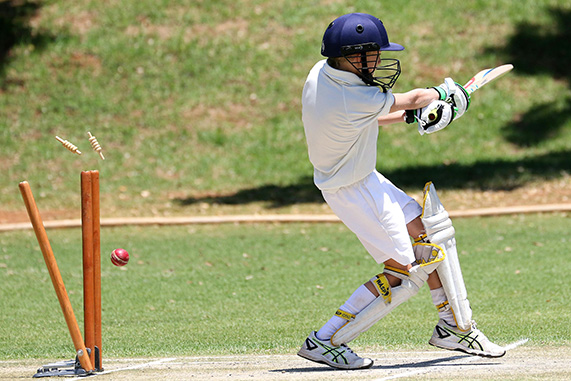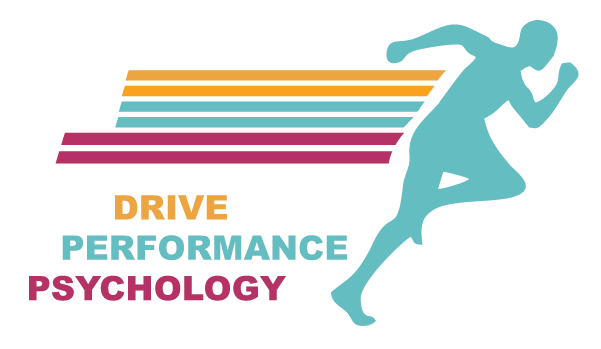
• "I’ve let the team down."
• "Maybe I’m not good enough."
• "What if I fail again next time?"
This internal spiral can knock your confidence and turn one mistake into a longer slump. It’s important to recognise these thoughts early and avoid giving them momentum. Begin by acknowledging how you feel, without judgement. Disappointment is valid. But instead of feeding it with self-criticism, take a breath and reset. A helpful habit is to reframe the moment: “That innings didn’t go my way. What can I take from it to improve?”. This shift in self-talk doesn’t eliminate the setback, but it allows you to move forward constructively.
Resilience Is a Skill, Not a Trait
Resilience isn’t about ignoring emotion or pretending everything is fine. It’s about responding to challenges with clarity and intention. It’s the ability to face a setback, gather yourself, and move forward without letting the moment define you.
There are practical ways to develop this skill:
• Zoom out. One innings feels big in the moment, but it’s just one part of your journey. Try to maintain a broader perspective and trust the long-term process.
• Accept the outcome. Not everything is in your control. Accepting the result, without internalising it as personal failure, is an important step toward resilience.
• Refocus on what you can control. You can’t control the pitch, the umpire, or the opposition - but you can control your preparation, mindset, and response.
Learning and Moving Forward
Setbacks are part of every athlete’s journey, but how you respond to them is what shapes your progress. One of the most effective tools you can develop is a growth mindset - the belief that your abilities aren’t fixed, but can be improved through consistent effort, learning, and smart reflection. After a performance that didn’t go to plan, it’s easy to fall into unhelpful thinking patterns. You might be tempted to dwell on mistakes or question your place in the team. This is where reflection becomes powerful, but only if it’s done constructively. Rather than replaying every error in your mind, focus on what you can take from the experience
• What actually happened?
• What contributed to the outcome?
• What will I do differently next time?
This is not about self-criticism, it’s about clarity. When approached with a growth mindset, reflection becomes a tool for improvement rather than a source of frustration. Keep it simple, objective, and forward-looking. You’re not trying to judge the past, you’re using it to inform your future.
Every athlete experiences moments of disappointment. What matters most is how you respond. By learning to reset, reflect, and stay open to growth, you give yourself the best chance to come back stronger. A single performance doesn’t define you, your mindset does.
Reach your goals
My aim is to help others reach their goals, by recognising and working through any challenges that are limiting them from achieving their potential.
Code of Conduct
I work within the ethical guidelines of the CASES Code of Conduct and our work together will be kept confidential unless otherwise requested.

